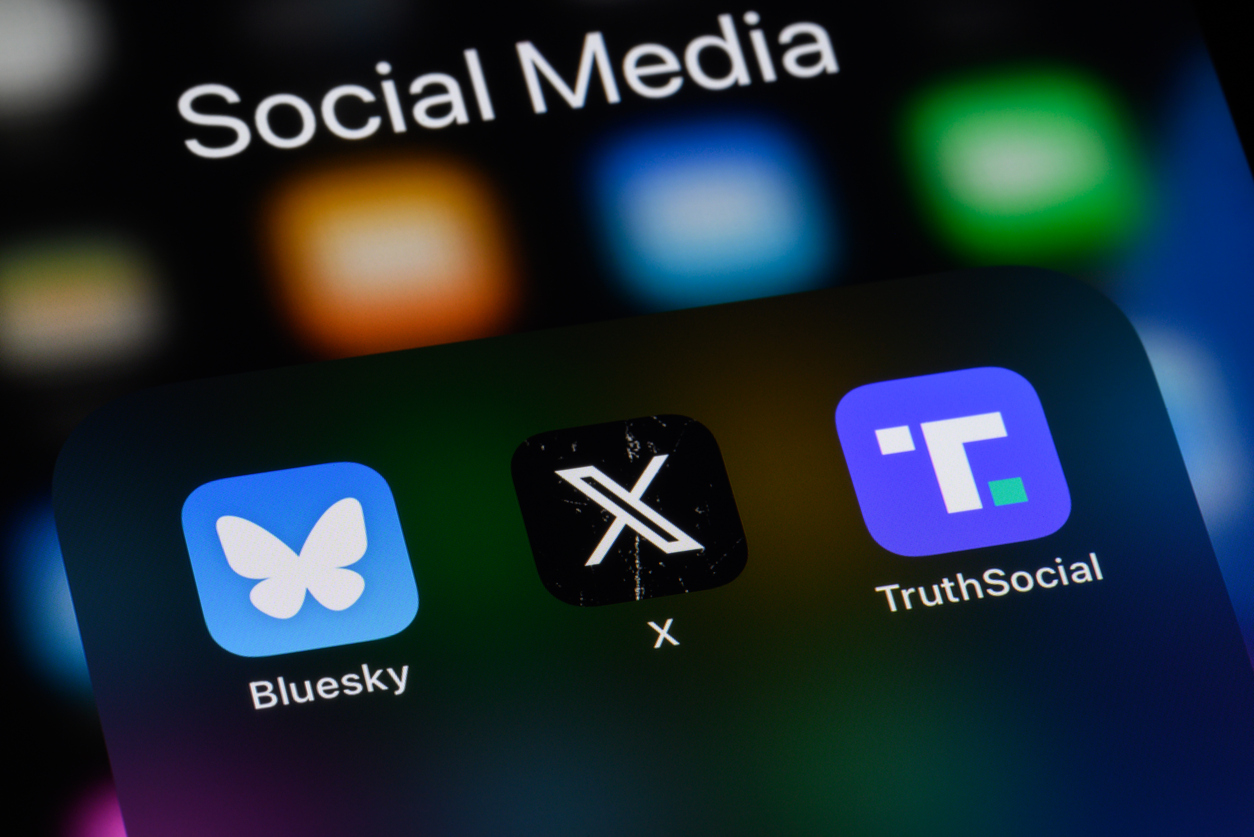Elon Musk’s X, the social media site once known as Twitter, is a wasteland. It consists of uncontrolled pornography, crypto spambots, broken “mentions,” unpaid invoices for subscriptions, a useless search algorithm and unverified accounts spreading baseless conspiracy theories and being financially rewarded for juicing controversial or untrue content. It has become practically unusable as a functioning social media platform. But old Twitter, after what it had become, had to be absolutely and unequivocally destroyed for the sake of the future of open online discourse.
The Jack Dorsey-Parag Agrawal iteration of Twitter had become part of an intelligence and corporate media censorship apparatus, which would spring into action against any user it viewed as an ideological opponent. It had been weaponized against even the most basic disagreements around racial justice, gender and biological science, politics and culture. Old Twitter was a blunt instrument to implement ESG social engineering and stomp out anything that got in the way. The platform’s “Safety” division banned accounts for telling journalists “learn to code” (a snarky if fleeting meme making fun of laid-off BuzzFeed and HuffPost reporters) or simply posting controversial opinions, regardless of whether they actually violated Twitter’s own terms of service.
Twitter’s company mission changed rapidly following Donald Trump’s election in 2016. Many of its employees and engineers viewed Twitter as a primary driver of his victory. Even prior to his foray into politics, Trump had long been a formidable presence on the app, racking up millions of followers and posting about everything from Robert Pattinson’s relationship with Kristen Stewart to Anthony Weiner’s sexting scandal.
Trump’s triumph only accelerated the total re-imagining of what the platform should be. Twitter allowed itself to become a tool of traditional corporate media; users were simply fed information from artificially boosted accounts and expected to listen, read and not respond. At the behest of some journalists, Twitter implemented tools such as disallowing comments and posts; it added a mute function. When the pandemic swept across the globe in spring 2020, Twitter became more than a short-form media and blogging platform breaking events in real time; it was connecting people in ways that some powerful forces wanted to control.
Journalists and the federal government saw an opportunity, by harnessing former intelligence contacts within Twitter, to subtly threaten the company by claiming that users were pushing dangerous “disinformation” on everything from vaccines to lockdowns. The same justifications then spilled over into divisive cultural issues about gender recognition. Twitter was then where no one was allowed to make basic statements about boys not being able to become girls without a very real threat of having their account nuked, as was the case with right-leaning satire website the Babylon Bee.
Elon Musk changed all of that when he purchased Twitter in April 2022, much to the dismay of some of corporate media’s leading censorship cheerleaders such as Kara Swisher, Washington Post tech columnist Taylor Lorenz and NBC News’s Ben Collins, all of whom enjoyed healthy access to and the attention of Twitter’s Trust and Safety team. Several other media members hailed Musk’s purchase as the end of the platform in a demented form of wish-casting: if they couldn’t control Twitter, then no one should.
Some journalists were so distraught at their loss of control over the platform that many packed up and tried to pirate other online islands. First, following Lorenz and Collins, some migrated to Mastodon, without really understanding what Mastodon was, and who the niche underground subcultures occupying it were. They then collectively moved to BlueSky, (Dorsey’s new platform) and then all settled together on Meta Threads, Mark Zuckerberg’s Twitter competitor.
But something else happened. Almost no one else followed them. When they made their grand declarations of departure, everyone on Twitter/X waved goodbye with an air of relief. Bon voyage.
The thing they all failed to understand is X’s real power — the network effect of having everyone on the same platform and the echo chamber it creates. The journalists and influencers decamping to lesser platforms have found the influence they once had to be nonexistent with the competitors — and with that diminishment in influence went the power to “control narratives,” drive the news and even to cancel. Despite its spam posts and out-of-control bots, the platform’s offering of real-time breaking news has yet to be duplicated. When a Washington Post tech reporter says she is leaving X, it’s meaningless because her Gawker-ish style of tabloid reporting ultimately doesn’t drive the news. NFL and ESPN sports reporter Adam Schefter has amassed nearly 11 million followers on X. On Meta Threads, his following is approximately 400,000. He built his audience through real-time NFL reports about free agency and other breaking sports news stories. Schefter is not going to abandon an audience of millions because he doesn’t like the politics of the new owner. His user base, which depends on his reports for their fantasy sports teams and last-minute bets, isn’t doing it either.
That is still the selling point of X and it has yet to be replicated, anywhere. Until a competitor amasses that kind of clout, the wannabe censors will be stuck hearing opinions for which they once tried to get people banned. And the remaining users will tolerate the spam, the bad functionality, the broken replies and bad on-the-fly monetization policy, as long as they can speak their minds.
This article was originally published in The Spectator’s May 2024 World edition.


























Leave a Reply